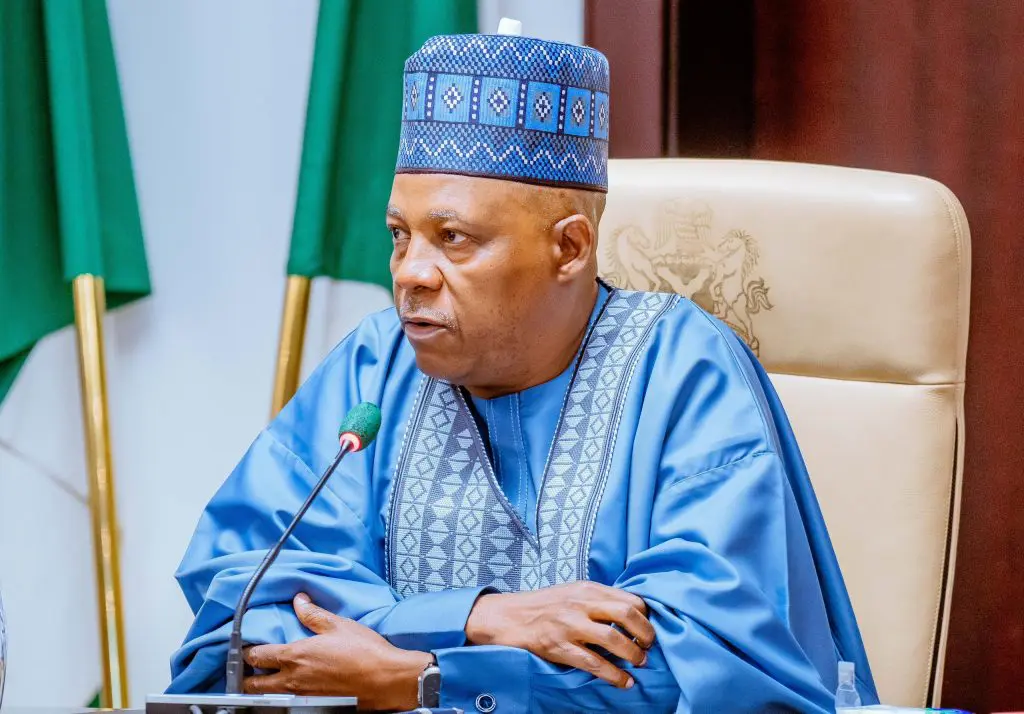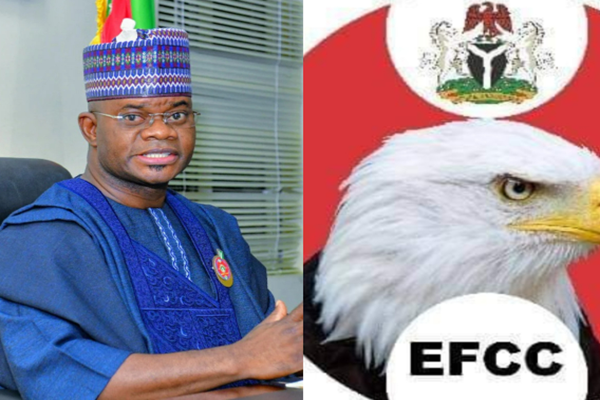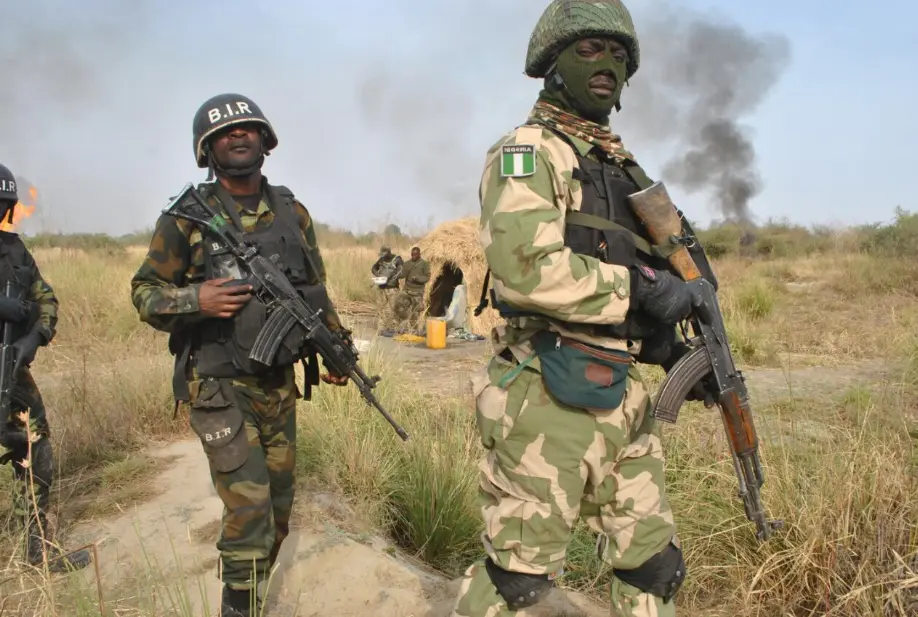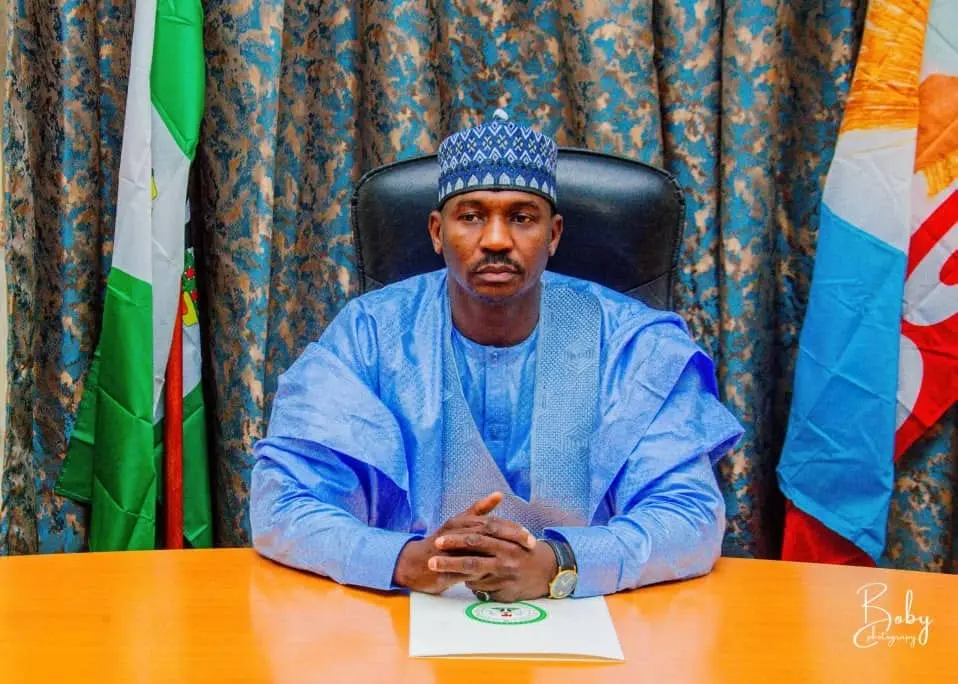By Evans Ufeli Esq
You come to the world stage with a steady voice,
a catalog of conviction; multilateralism, reform,
a plea for inclusion, for debt relief, for digital bridges.
There is dignity in your affirmation of the United Nations,
and authority in the memory of Nigeria’s long peacekeeping shadow.
You speak the grammar of diplomacy, and it fits you well.
Yet the speech often moves like a tour of principle without the map of execution.
Ambition is abundant; roadmaps are thin.
You name the storms; insurgency, irregular migration, the climate alarm; but you leave the reader wanting: how will the tides be turned where they lap so close to our homes?
The claim for a permanent Security Council seat is argued with history and population,but the certificate of readiness must answer the ledger at home:security, governance, and an economy whose growth is felt in village markets,
not only on balance sheets and summit communiqués.
You remind us that weapons do not respect borders,
that non-state actors profit from neglect; true.
But you stop short of a candid accounting of state capacity,
of the fractures in local institutions, of intelligence gaps,
of the erosion of trust between citizen and patrolman,between farmer and herder, between capital and periphery.
There is a voice, noble and national, that asks for global sympathy, yet some paragraphs read as if the theatre of insecurity were a foreign policy footnote, not an everyday struggle for families.
Look, then, to the country that informs this plea:
a mosaic of booming youth and grinding unemployment,
new cities and ancient tracks cut off by bandits,
coastlines under heat and fields under drought,
forests where kidnapping is an economy,
mines where profit leaves with the truck and ruin stays with the land.
Insurgency in the northeast, banditry and cattle disputes in the northwest and center,separatist grievances on the margins - these are not isolated headlines.
They are concentric failures of prevention: of education, of inclusion,of local governance, of justice meted out swiftly and fairly.
Corruption is a slow rot that hollowed out service delivery;
Poverty and idle youth are combustible materials.
Climate stress pushes herds into croplands, and without mediation, old conflicts ignite anew. Porous borders carry arms and ideas,and a sclerotic legal system teaches impunity as a daily lesson.
This is why security can not be a purely kinetic project;
it must be economic, ecological, social, and juridical.
It must be as much about rebuilding trust as about rebuilding barracks.
So when you argue for reform at the UN,let the motion speak back to the nation:tie the global ask to local answers.
If you seek a larger seat in the council of powers,
bring with you the proof of governance transformed,
of communities that once bore the fruit of darkness now planted with schools, clinics, jobs, and the quiet rule of law.
Only then will the case for Nigeria’s global role resonate with the people who live its daily weather.




